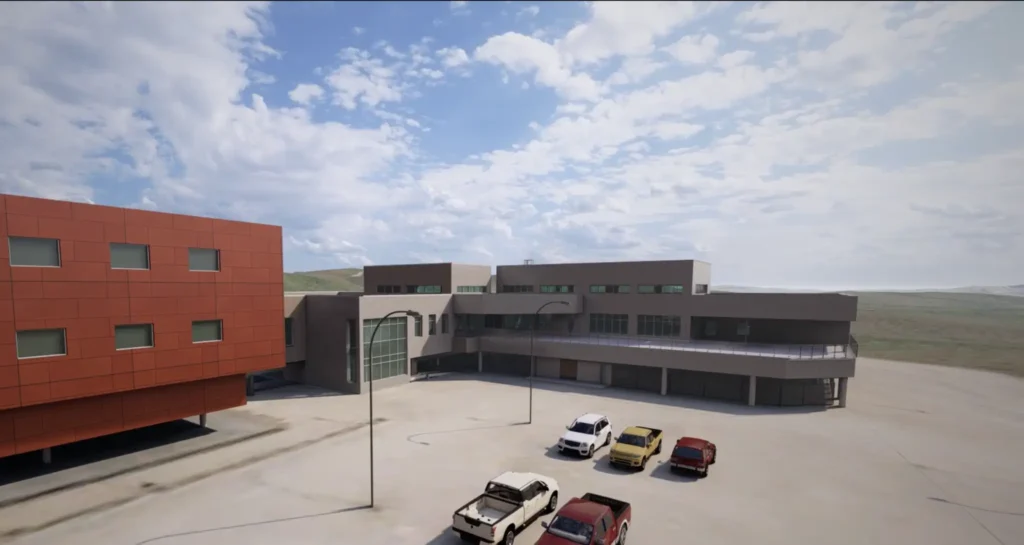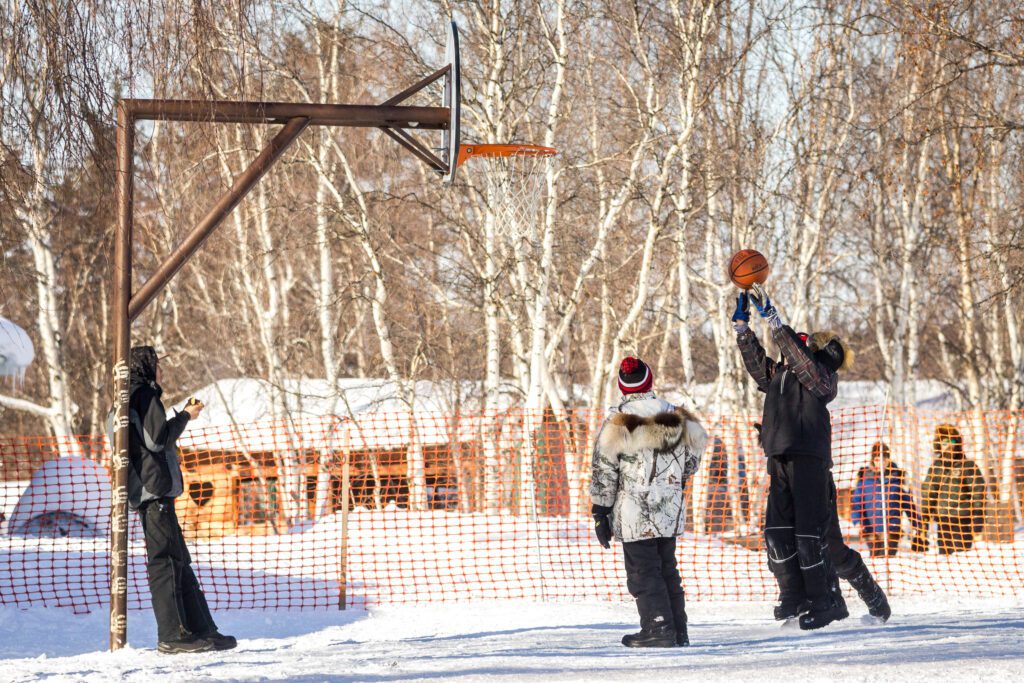The U.S. Arctic Research Commission is meeting in Alaska this week and focused on mental health during the group’s first day of meetings in Nome.
In a small gathering at Nome’s mini convention center Tuesday morning, commissioners heard testimony about the mental health services available in the Norton Sound, the Bering Strait, and the Northwest Arctic regions—and some sobering statistics as to the very real challenges residents face.
Chief among them: suicide and other issues related to violence that impact primarily young people, specifically, young men. It’s similar pattern seen across the Arctic, researchers said, and it’s a pattern Lisa Ellanna, the Wellness Director of Maniilaq Assocation, said is tied to the recent history and loss of identity of Native peoples. She summarized how that history plays out today:
“A lot of communities see suicide, domestic violence, child abuse, alcohol, substance use, those things, as symptoms of a larger, deeper issue,” she told the commission. “[It’s] related to colonization, related to historical trauma. To the decades of discrimination, decades of oppression, marginalization. These things are kind of manifestations of that long-term being held down as a people.”
Mental health professionals presented findings said they’re not just studying the causes—but also working on practical solutions. In addition to substance abuse treatment, therapy, and other services on offer at Norton Sound Health Corporation and Manilaq in the Northwest Arctic, researchers said simple steps can reduce a young person’s risk of suicide and other violence.
Lisa Wexler, a researcher from the University of Massachusetts-Amherst studying public health and suicide in the Arctic, pointed to Alaska’s long summers—when both free time and subsistence are abundant—as a time when suicide can peak, but also when communities can step in and help undo the damage of the past.
“Subsistence is expensive. So you have a lot of people who can’t get on the land in the summer, during those peak subsistence times,” Wexler said. “There’s a lot of young people in the summer who are attempting suicide. So you can think about employment programs, you can think about different ways to allow them to have access to subsistence, or have access to different kinds of opportunities that might be important for them in growing that identity, that sense of purpose.”
Mental health for Arctic residents isn’t just a moral or social imperative, however; Ella Anagick with the Bering Sea Alliance said it’s an economic imperative as well. Representing a group of seven village corporations in the region, Anagick said part of the mental health solution is offering real economic opportunity. And she said that means investment.
“Our nation is in dire need of infrastructure development in the Bering Straits. And we have the land base. Wales is at the choke point, across from Russia,” Anagick said, referring to the small community of about 150 people at the western tip of the Seward Peninsula, posed right along the Bering Strait.
“We have the land base to be able to facilitate and meet not only the needs of our local areas but also the national needs, and that is why we’d like to work with the federal agencies.”
Fran Ulmer, the former state lawmaker and lieutenant governor who now chairs the U.S. Arctic Research Commission, said the 4 million people living in the circumpolar north demand the discussion about the Arctic’s future include not only talk of ports and climate change, but also a path to wellness and mental health.
“What we have heard by talking to people not just in Alaska, but in Russia, in Canada, and in Greenland, that behavioral and mental health is a growing problem,” Ulmer said.
“We are here today in Nome to get a better understanding of how research can contribute to this problem. What are the methodologies, what are the ways in which the research investments that are made, can actually contribute to some longer-term solutions?”
The half-day meeting ended with a tour of Norton Sound Regional Hospital, a change in plans after an early Bering Sea storm kept the planned tour of the Sikuliaq research vessel impossible when the ship couldn’t make it to Nome’s port.
The Arctic Research Commission has a final full day in Nome today Wednesday.
Editor’s note: A version of this story appeared online that incorrectly identified Lisa Ellanna as a member of Kawerak Wellness. Ellana is the Wellness Director of the Maniilaq Assocation, and the above text reflects this correction.







